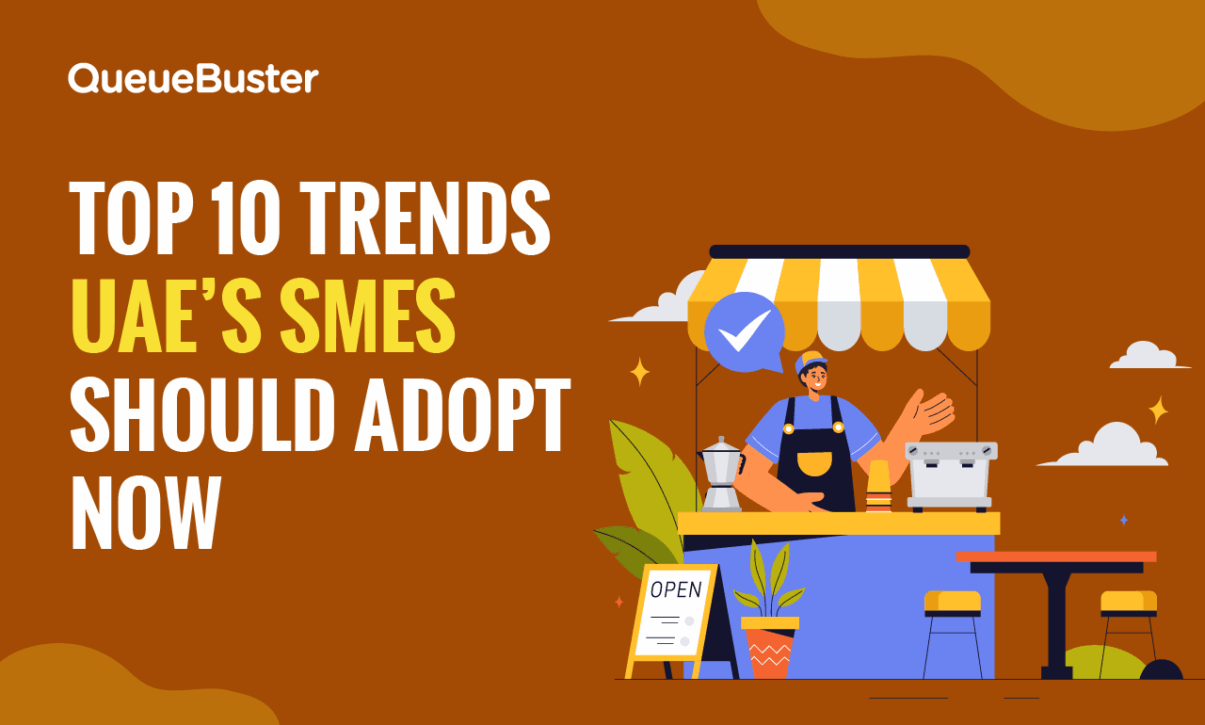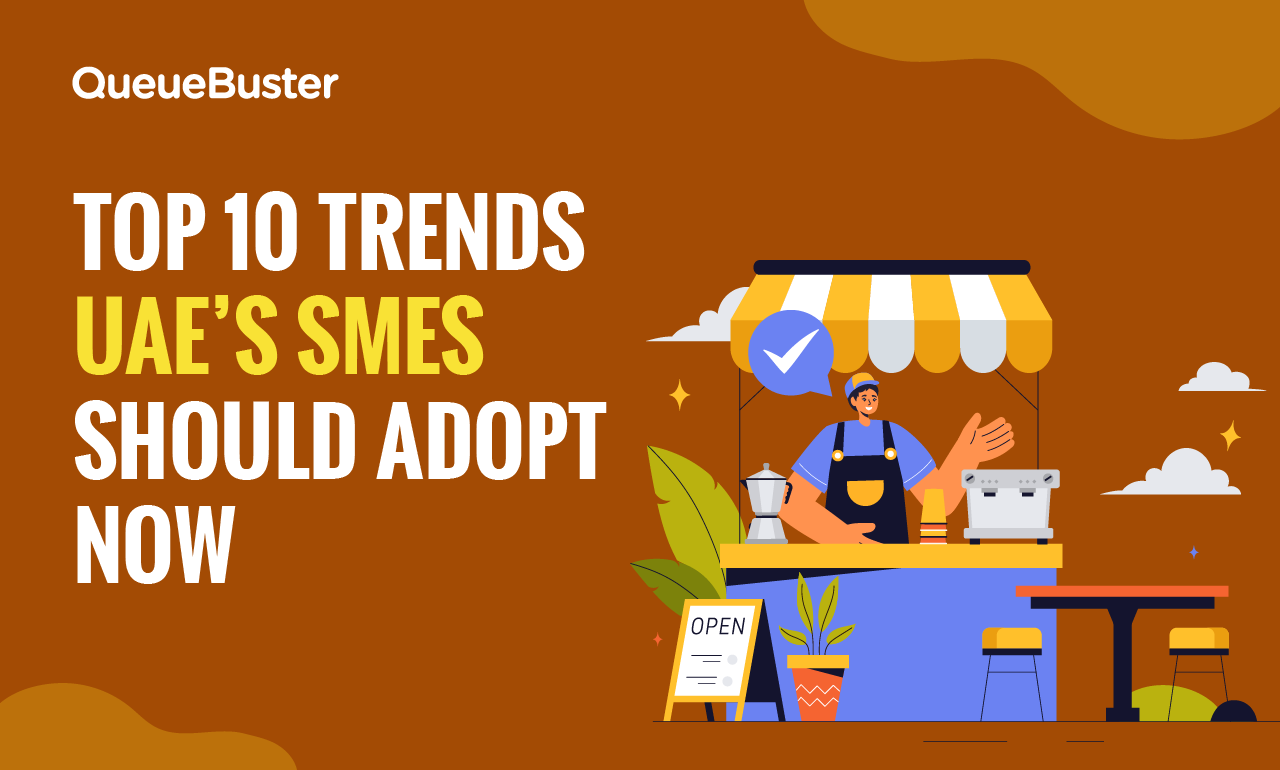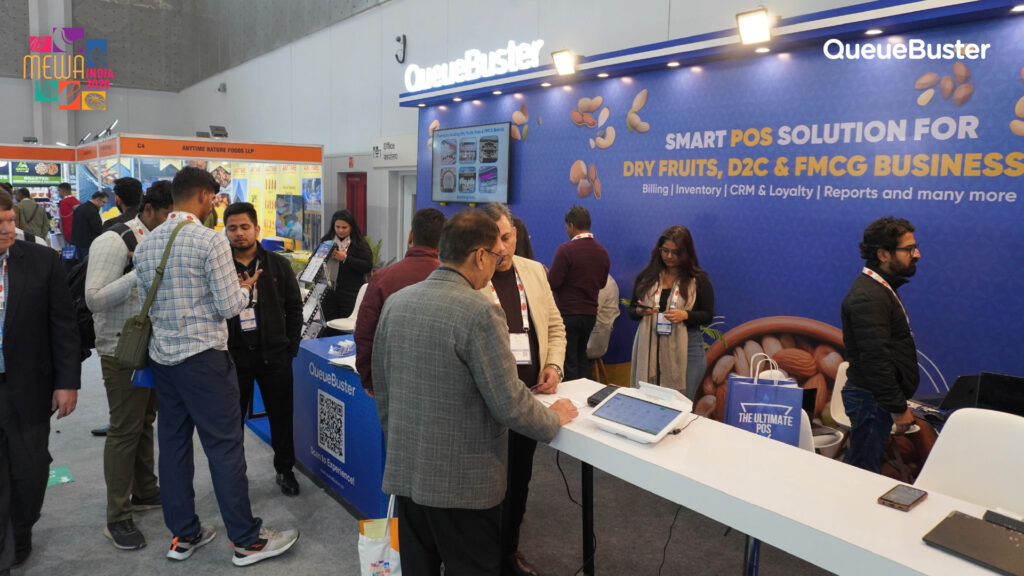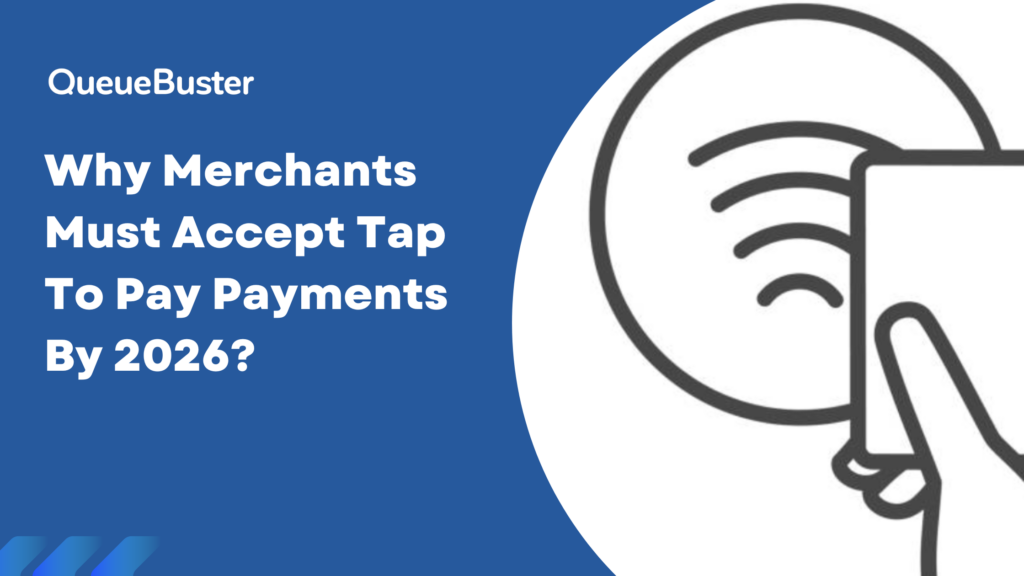
Top 10 Trends Shaping UAE’s SMEs in 2025
Top 10 Trends Shaping UAE’s SMEs in 2025

By Charu Gupta Published: September 23rd, 2025
The United Arab Emirates has long been recognized as a hub for business and innovation, attracting entrepreneurs from around the world. For small and medium enterprises (SMEs), 2025 presents a landscape full of opportunities, challenges, and trends that are shaping the way they operate, grow, and compete. Understanding these trends and adopting a POS software is critical for SMEs to thrive in the UAE’s fast-evolving market.
Here are the top 10 trends for UAE SMEs to watch in 2025:
1. Digital Transformation Becomes a Necessity
With the rapid pace of technological advancement, digital transformation is no longer optional for SMEs in the UAE. From cloud-based management systems to online marketplaces, adopting digital tools helps streamline operations, improve customer engagement, and reduce operational costs. Cloud POS systems, for example, are helping retailers and restaurants efficiently manage sales, inventory, and customer data from anywhere, providing a competitive edge.
2. Rise of E-Commerce and Online Marketplaces
The UAE’s e-commerce sector continues to grow, fueled by high smartphone penetration and digitally-savvy consumers. SMEs are increasingly moving their operations online, creating their own e-commerce stores or joining established platforms like Noon, Amazon.ae, and Shopify. This trend allows businesses to expand their reach beyond physical locations and tap into the growing demand for home deliveries and instant shopping experiences.
3. Focus on Sustainability and Green Practices
Sustainability has become more than a buzzword; it’s a key differentiator for UAE businesses. Consumers now prefer brands that demonstrate eco-friendly practices, from reducing packaging waste to using renewable energy. SMEs embracing green initiatives not only contribute positively to the environment but also gain trust and loyalty among environmentally-conscious consumers.
4. Personalized Customer Experiences
Modern consumers expect personalized experiences. SMEs leveraging AI-driven analytics, CRM systems, and targeted marketing campaigns can provide customized offers, promotions, and recommendations. Personalization enhances customer retention, increases repeat purchases, and strengthens brand loyalty—crucial for SMEs competing against larger enterprises.
5. Mobile-First Payment Solutions
Cashless transactions and mobile wallets are gaining traction in the UAE. SMEs adopting mobile payment solutions, QR code-based payments, and contactless card systems are enhancing convenience for customers and improving operational efficiency. Cloud-based POS systems that integrate multiple payment methods are particularly popular among SMEs, enabling faster checkouts and real-time tracking of sales.
6. Emphasis on Omnichannel Strategies
Consumers expect a seamless shopping experience across online and offline channels. SMEs are adopting omnichannel strategies that integrate physical stores, e-commerce platforms, social media, and delivery services. This approach not only increases visibility but also helps businesses provide a consistent brand experience, whether customers shop in-store, online, or via mobile apps.
7. Adoption of AI and Automation
Artificial intelligence and automation are no longer exclusive to large enterprises. SMEs in the UAE are implementing AI-powered tools for inventory management, customer service chatbots, data analytics, and marketing automation. These technologies reduce manual workloads, improve accuracy, and provide insights that help SMEs make better business decisions faster.
8. Growth of Niche and Specialty Businesses
UAE consumers are increasingly seeking unique products and specialized services. SMEs that cater to niche markets, whether it’s gourmet foods, sustainable fashion, or artisanal products, are thriving by offering something different from mass-market alternatives. This trend encourages creativity and allows SMEs to build strong brand identities.
9. Remote Work and Hybrid Teams
The post-pandemic world has normalized remote and hybrid work models. SMEs are leveraging flexible work arrangements to attract talent, reduce operational costs, and maintain business continuity. Cloud-based collaboration tools, virtual meetings, and digital workflows are helping small teams operate efficiently from anywhere in the UAE or globally.
10. Access to Government Support and Funding
The UAE government continues to support SMEs through initiatives like the Khalifa Fund, Dubai SME, and various accelerator programs. Grants, subsidized loans, mentorship programs, and training opportunities are helping SMEs grow and innovate. Staying informed about available government schemes is essential for SMEs seeking financial stability and market expansion.
Conclusion
2025 promises to be an exciting year for SMEs in the UAE. From embracing digital transformation and AI to adopting sustainable practices and omnichannel strategies, SMEs have more tools and opportunities than ever to succeed. Staying ahead of these trends not only improves operational efficiency but also strengthens customer relationships, helping SMEs remain competitive in a dynamic marketplace.
For SMEs looking to streamline operations and enhance customer experiences, cloud-based POS systems and digital solutions are particularly crucial. Learn more about how technology can transform your UAE business by exploring our POS software
Popular Posts

MEWA India 2026: Showcasing QueueBuster POS to the Global Dry Fruits Industry
MEWA India 2026 was not just another industry event for us, it […]

Why Merchants Must Accept Tap to Pay Payments by 2026
The way customers pay has changed rapidly over the last few years […]